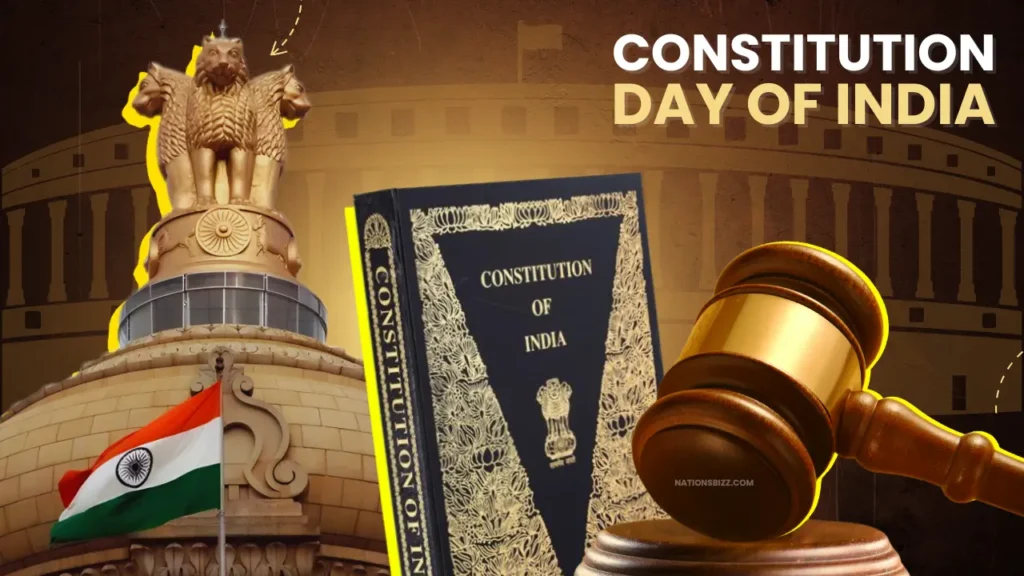We all love a good holiday. But when it comes to Friday, the question becomes interesting. In some countries, Friday is just the start of the weekend. In others, it is the weekend. Why does this one day of the week hold such varied significance? Why is Friday treated as a holiday in some parts of the world but not in others? The answer isn’t simple, and it certainly isn’t the same everywhere. To understand it, we need to look at history, religion, geography, and even politics.
A Religious Day for Muslims
Let’s start with perhaps the biggest reason Friday is a holiday in many countries — Islamic tradition. In Islam, Friday, or Jumu’ah, is considered the holiest day of the week. It’s the day when Muslims gather for congregational prayers, usually held in the afternoon. These prayers are different from regular daily prayers — they’re performed in a group, often at a mosque, and followed by a sermon. For practicing Muslims, this day is about more than just prayer. It’s a time to pause from regular work, reflect, and reconnect spiritually.
That’s why in countries with a Muslim majority — like Saudi Arabia, UAE, Pakistan, Bangladesh, and Indonesia — is either a full holiday or part of the weekend. Government offices, schools, and businesses often remain closed or work limited hours.
Historical Shift in Weekend Systems
Interestingly, the idea of a weekend as we know it today is a modern invention. In most parts of the world, weekends didn’t exist before the 19th century. People worked every day except for their designated religious day off, which could be Friday, Saturday, or Sunday, depending on the region and religion.
In Western countries, the weekend was traditionally structured around Christian holidays. Sunday was considered the day of rest. In Jewish tradition, it’s Saturday or the Sabbath. And in Islamic cultures, takes the spotlight. So depending on which culture held political or societal dominance in a region, the calendar and weekend aligned accordingly.
Friday in the Arab World
In the Middle East and parts of Africa, Friday has traditionally been the main weekly day off. Some countries, like Saudi Arabia, used to observe Thursday-Friday weekends, but that changed in recent years. To align with international business markets, many nations shifted to Friday-Saturday weekends.
This allowed governments and businesses to maintain Friday for religious observance, while also being in sync with the global economy that largely runs on a Monday-to-Friday week. It was a compromise between faith and finance — a delicate balance.
Is Friday a Holiday in India?
Here’s where things get even more layered. India, being a secular and religiously diverse country, doesn’t officially mark Friday as a national holiday. But in areas with large Muslim populations, especially in states like Jammu & Kashmir, Uttar Pradesh, and West Bengal, some institutions allow shorter hours on Fridays to accommodate Jumu’ah prayers.
In schools with Muslim-majority students, the midday break on Friday is extended so that students can go home, offer prayers, and return. In these contexts, isn’t technically a holiday — but it’s treated with cultural respect.
Why Not Everywhere?
You may wonder, if it is so significant for so many people, why don’t more countries adopt it as a holiday? Well, it’s about balance and logistics. The global economy largely operates on a Monday-to-Friday workweek. Aligning business hours with the rest of the world ensures better trade, communication, and coordination. So while Friday may have cultural and religious importance, full closure on Fridays could disrupt international connectivity — especially in financial and tech sectors.
That said, work-from-home models and flexible hours are slowly making it easier for individuals to observe religious days without needing full office closures.
Not Just Religion — A Day of Hope?
Interestingly, Friday has also become symbolically powerful in non-religious ways. In popular culture, It represents the end of the workweek, a break from stress, and the beginning of relaxation. Who hasn’t heard of “Thank God It’s Friday” (TGIF)? There are movies, memes, and restaurant chains — all centered around the idea that Friday is the day to unwind.
So even in places where isn’t an official holiday, there’s still an emotional connection to it. It’s the day when people start smiling a little more, making weekend plans, or counting the hours till they’re free.
The Friday Effect in Modern Life
With the rise of remote jobs and global teams, the traditional Monday-to-Friday setup is evolving. In fact, in some progressive companies, people are given the option to take Friday off, work fewer hours, or shift their weekends to align with their faith.
Some Scandinavian countries have even tested the four-day workweek, making it an optional or flexible holiday. These experiments have shown better productivity, improved mental health, and happier employees.
This suggests that Friday as a holiday isn’t just about religion anymore — it could be a gateway to a healthier work-life balance in the future.
Final Thoughts
So, why is Friday a holiday? The answer depends on where you live, what you believe, and how your country blends tradition with modern needs. For some, it’s a sacred day of prayer. For others, it’s a reward after a long week. And for a growing number of people, it might just be the future of work-life harmony.
Whether you’re offering prayers, wrapping up deadlines, or just kicking back with friends — Friday holds meaning. And that alone might be the best reason to give it the respect of a holiday, wherever possible.





















